CVS Health to Exclude Lilly's Zepbound from Standard Formulary, Favoring Wegovy
CVS Health's decision to exclude Zepbound from its standard formulary in favor of Wegovy and Saxenda raises concerns about patient access to the weight-loss drug. This move could pressure Lilly to offer price cuts to regain formulary access. CVS will also offer Wegovy at a discounted price for uninsured individuals.

 AP News
AP News
CVS Caremark Chooses Wegovy as Preferred Obesity Drug, Zepbound Coverage Impacted
CVS Caremark, the largest pharmacy benefit manager in the US, will favor Novo Nordisk's Wegovy over Eli Lilly's Zepbound on its standard formulary starting July 1, 2025. This decision is expected to reduce costs for health plans but may limit patient access to Zepbound. Lilly's stock dropped following the announcement, despite Zepbound's strong recent sales performance.

 AP News
AP News
 Barron's
Barron's
 Bloomberg.com
Bloomberg.com
 PR Newswire
PR Newswire
Michigan Doctor Convicted of Illegally Prescribing Over 200,000 Opioid Pills
Dr. Charise Valentine of Southfield, Michigan, has been convicted on 11 federal charges related to illegally distributing over 200,000 opioid pills. Valentine, one of the primary doctors at the Orthopedic Medical Building in Oak Park, issued prescriptions to individuals without legitimate medical needs. The clinic operated as a cash-only business, generating substantial profits from the illegal distribution of highly addictive opioids.

 The Detroit News
The Detroit News
 WLNS 6 News
WLNS 6 News
 ClickOnDetroit
ClickOnDetroit
 CBS News
CBS News
Michigan Doctor Convicted of Illegally Prescribing Over 200,000 Opioid Pills
Dr. Charise Valentine, a doctor from Southfield, Michigan, has been convicted of conspiracy and illegal distribution of prescription opioids, including Oxycodone and Oxymorphone. She issued over 3,000 prescriptions for more than 200,000 pills to individuals without legitimate medical needs from November 2016 to July 2018 via a cash-only clinic in Oak Park.

 The Detroit News
The Detroit News
 WLNS 6 News
WLNS 6 News
 ClickOnDetroit
ClickOnDetroit
 CBS News
CBS News
Michigan Doctor Convicted in $20 Million Opioid Pill Conspiracy
Dr. Charise Valentine was convicted on 11 federal charges related to unlawfully distributing prescription opioids, including Oxycodone and Oxymorphone. From November 2016 to July 2018, she prescribed over 200,000 pills to individuals without legitimate medical needs through a cash-only clinic in Oak Park. The scheme involved fraudulent medical records and generated substantial profits for Valentine and her accomplices.

 The Detroit News
The Detroit News
 WLNS 6 News
WLNS 6 News
 ClickOnDetroit | WDIV Local 4
ClickOnDetroit | WDIV Local 4
 CBS News
CBS News
Michigan Doctor Convicted for Illegally Prescribing 200,000 Opioid Pills
Dr. Charise Valentine of Southfield, Michigan, was convicted of conspiracy and illegal distribution of opioids. She prescribed over 200,000 pills without legitimate medical need at the Orthopedic Medical Building in Oak Park, a cash-only clinic that charged patients for opioid prescriptions. Valentine received a substantial portion of the clinic's proceeds, highlighting her role in fueling the opioid crisis.

 The Detroit News
The Detroit News
 WLNS 6 News
WLNS 6 News
 ClickOnDetroit
ClickOnDetroit
 CBS News
CBS News
Southfield Doctor Convicted in $20 Million Opioid Pill Conspiracy
Dr. Charise Valentine, a 69-year-old physician from Southfield, Michigan, has been convicted on multiple federal charges related to her role in a $20 million conspiracy to unlawfully distribute prescription opioids. Operating out of the Orthopedic Medical Building in Oak Park, Valentine prescribed over 200,000 pills to patients without legitimate medical needs between 2016 and 2018, receiving over $500,000 in cash for her involvement.

 The Detroit News
The Detroit News
 WLNS 6 News
WLNS 6 News
 ClickOnDetroit
ClickOnDetroit
 CBS News
CBS News
WHO to Back Weight-Loss Drugs Amid Global Obesity Crisis, Addressing Access Concerns
The World Health Organization (WHO) is shifting its stance on obesity treatment by backing weight-loss drugs for adults globally. This decision, driven by the increasing prevalence of obesity, particularly in low- and middle-income countries, aims to improve access to medications like Wegovy and Zepbound. However, concerns remain regarding the high cost of these drugs and the need for long-term studies on their cost-effectiveness.
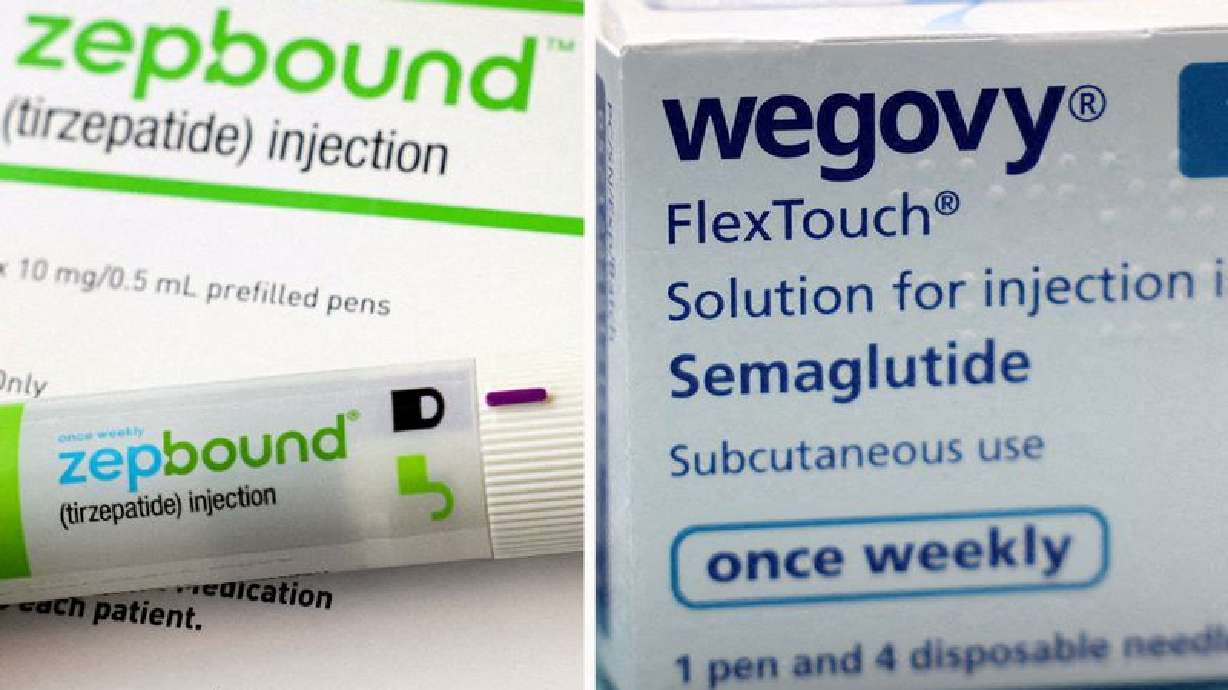
 KSL News
KSL News
 reuters.com
reuters.com
 Fox News
Fox News
 Daily Mail
Daily Mail
WHO Reverses Course, Endorses Weight-Loss Drugs Amid Global Obesity Concerns
The World Health Organization (WHO) is preparing to endorse weight-loss drugs like Wegovy and Zepbound for adult obesity treatment, reversing its previous stance due to the growing global obesity epidemic. The WHO also plans to improve access to these medications in low- and middle-income countries while acknowledging concerns about high costs and potential side effects.
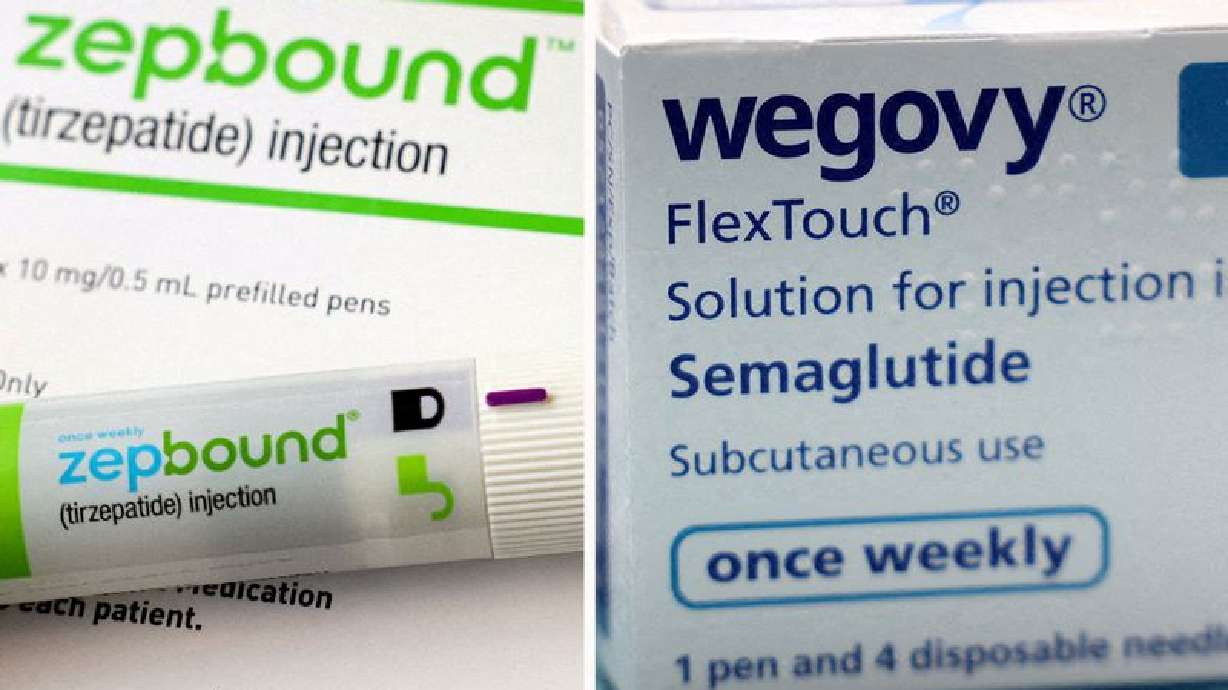
 KSL News
KSL News
 Reuters
Reuters
 Fox News
Fox News
 Daily Mail
Daily Mail
WHO to Back Weight-Loss Drugs Amid Obesity Crisis, Addressing Access and Cost
The World Health Organization (WHO) plans to officially support weight-loss drugs like Wegovy and Zepbound for adult obesity treatment globally. This represents a shift in addressing the obesity epidemic, affecting over a billion people worldwide. The WHO is also calling for strategies to improve access to these medications in low- and middle-income countries while acknowledging cost concerns and the need for further research.
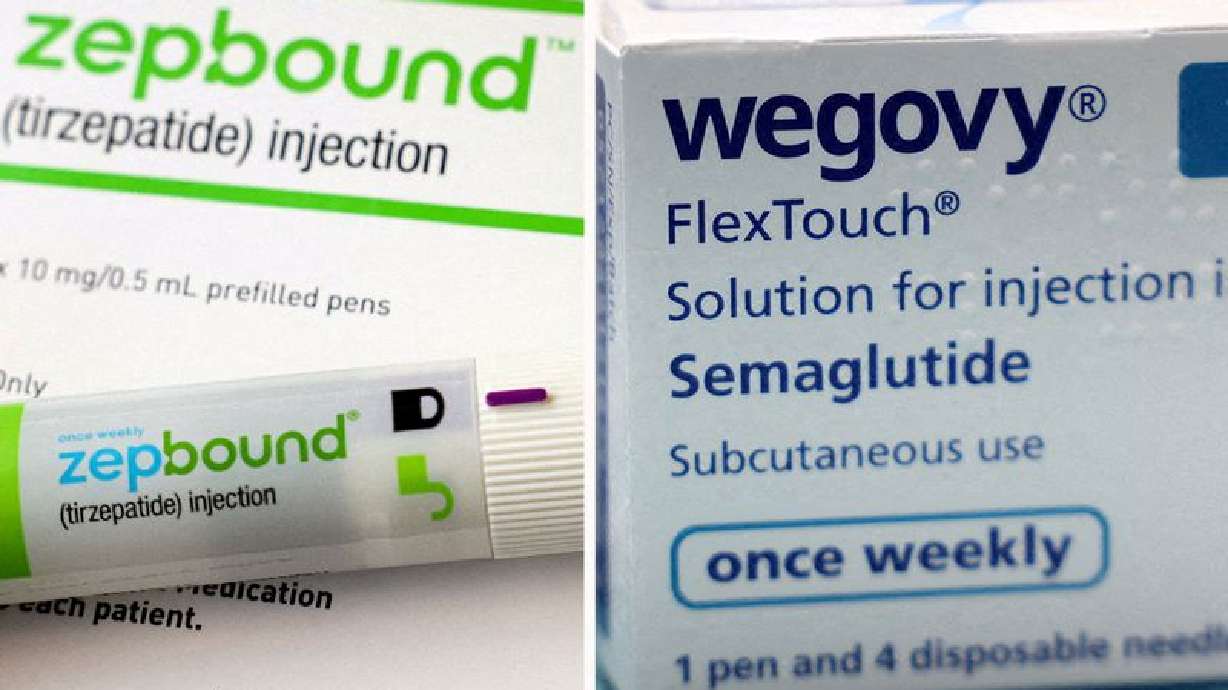
 KSL News
KSL News
 Reuters
Reuters
 Fox News
Fox News
 Daily Mail
Daily Mail
WHO to Endorse Weight-Loss Drugs Amid Obesity Crisis, Addressing Access and Cost
The World Health Organization (WHO) is shifting its stance on obesity treatment by planning to endorse weight-loss drugs for adults globally. This decision follows concerns about the rising obesity rates, particularly in low- and middle-income countries. The WHO aims to improve access to these medications while addressing the high costs and the need for long-term studies on their effectiveness.
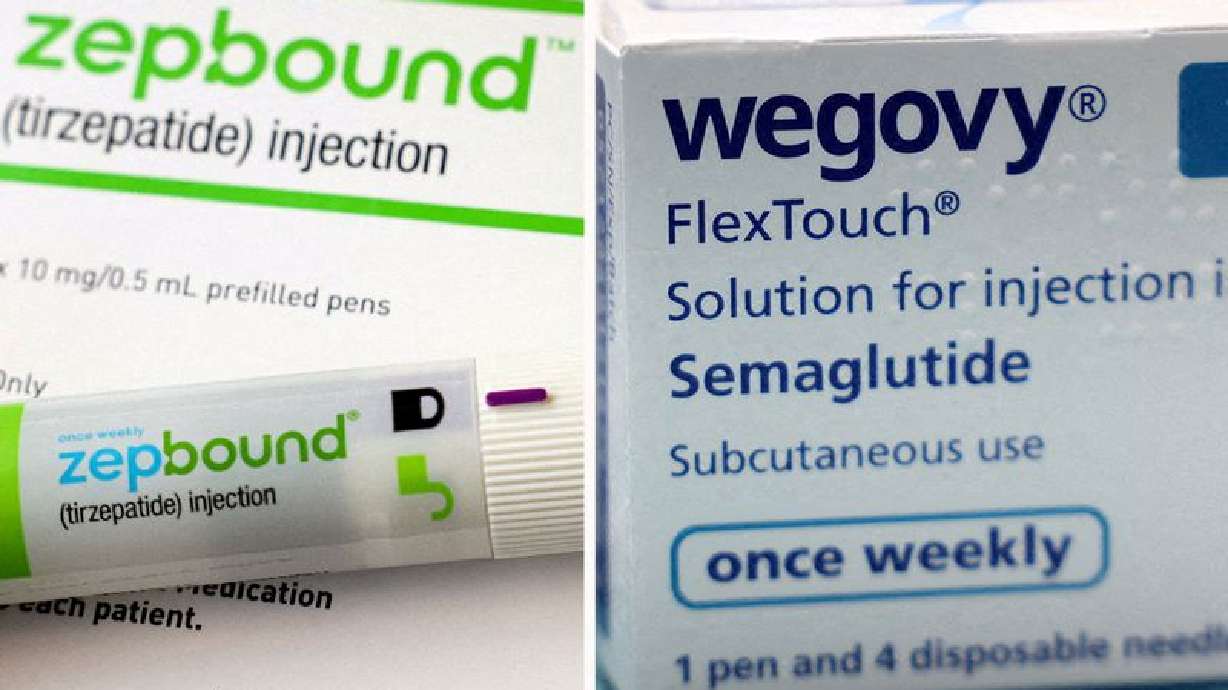
 KSL News
KSL News
 Reuters
Reuters
 Fox News
Fox News
 Daily Mail
Daily Mail
Ozempic, Wegovy Use Linked to Increase in Emergency Room Visits
A recent study by the CDC and Harvard Medical School revealed a notable increase in emergency room visits related to semaglutide use (Ozempic, Wegovy) between 2022 and 2023. The primary causes were gastrointestinal complications and, unexpectedly, hypoglycemia. Researchers suggest enhanced patient education to mitigate potential side effects.
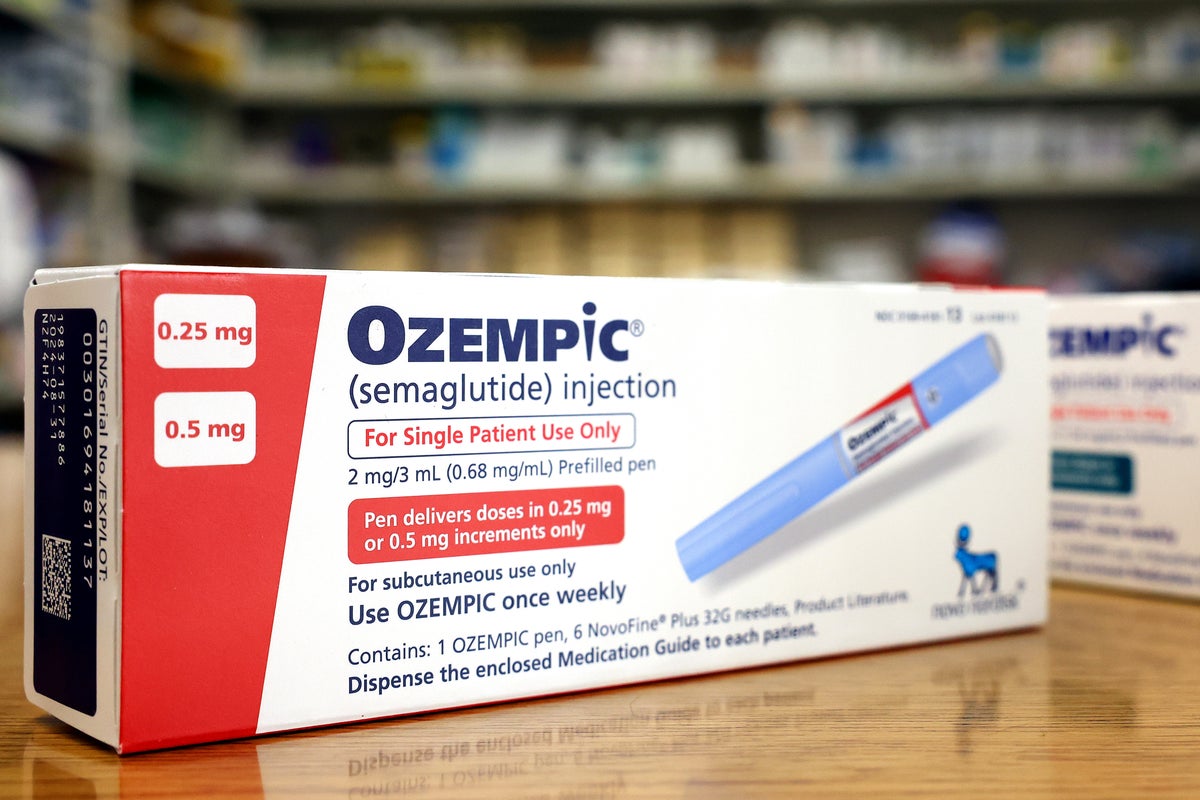
 The Independent
The Independent
Ozempic, Wegovy Linked to Increased Emergency Room Visits Due to Side Effects
A new study analyzing emergency room visits between 2022 and 2023 found that semaglutide, the active ingredient in weight-loss drugs like Ozempic and Wegovy, contributed to nearly 25,000 ER visits. The majority were due to gastrointestinal complications, but some cases involved low blood sugar, allergic reactions, and other issues, prompting calls for better patient education.
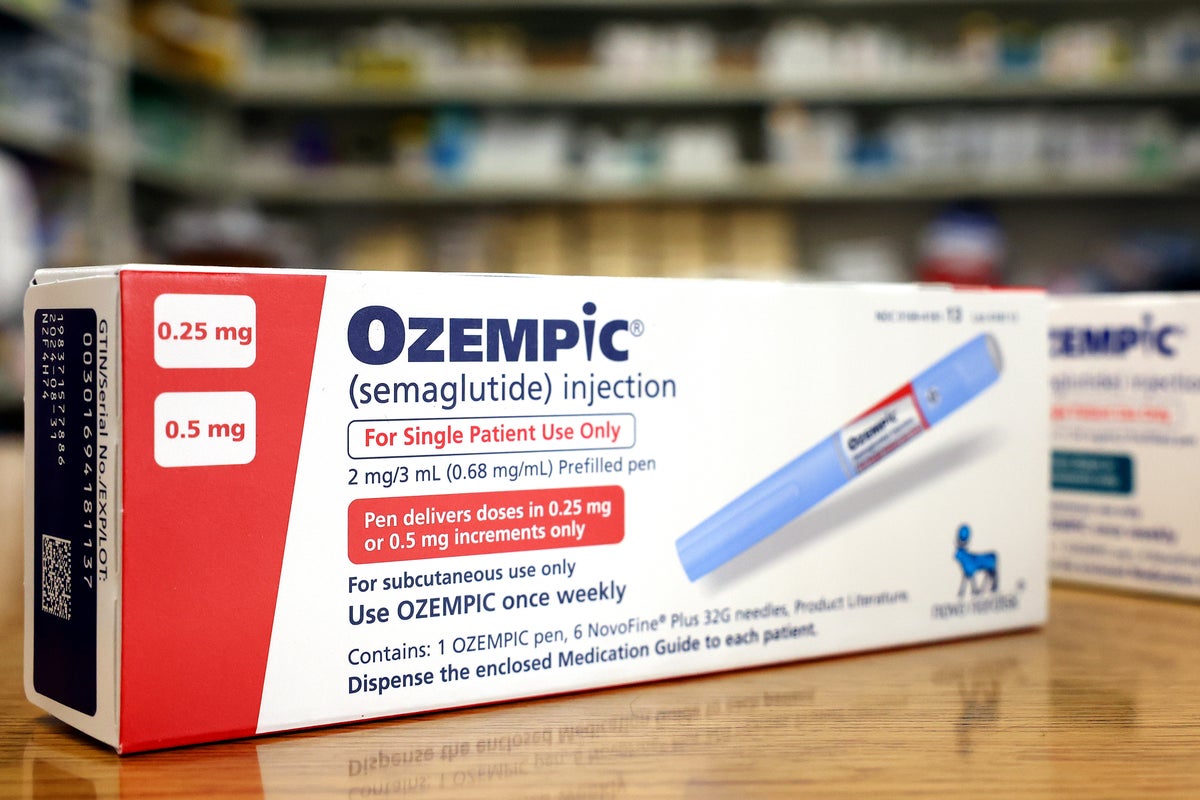
 The Independent
The Independent
 People.com
People.com
 New York Post
New York Post
 Daily Mail
Daily Mail
Semaglutide (Wegovy) Shows Promise in Treating Fatty Liver Disease (MASH): Study
A recent study published in the New England Journal of Medicine reveals that semaglutide, found in Wegovy and Ozempic, shows promise in treating MASH. The trial, involving 800 participants across 37 countries, demonstrated that semaglutide reduces liver inflammation and scarring associated with MASH, offering a potential new treatment option. The FDA granted priority review, decision expected end of year.
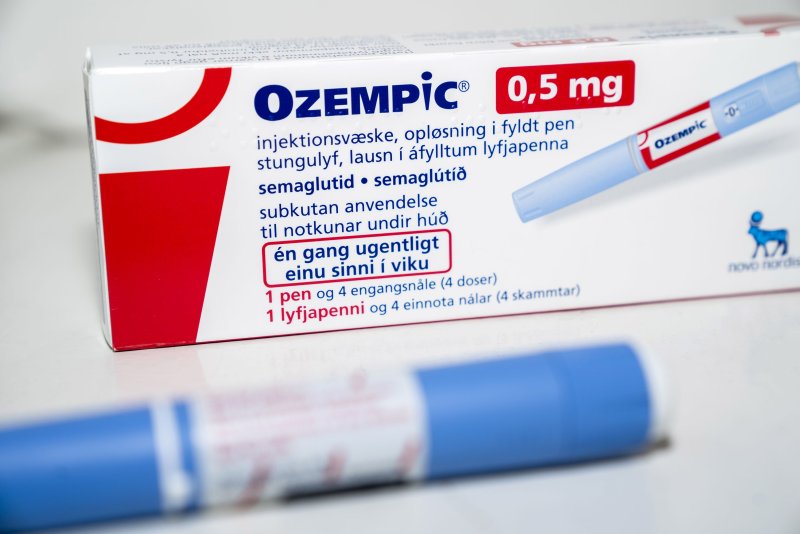
 upi.com
upi.com
 NBC News
NBC News
 ScienceAlert
ScienceAlert
 ABC News
ABC News
Wegovy Shows Promise in Treating Fatty Liver Disease (MASH): Study
A recent clinical trial published in the New England Journal of Medicine revealed that Wegovy, containing semaglutide, shows promise in treating MASH (metabolic dysfunction-associated steatohepatitis), a severe form of fatty liver disease. The study found significant reductions in liver inflammation and scarring in patients treated with semaglutide compared to a placebo. These findings suggest a potential new treatment avenue for MASH, which affects millions and can lead to serious liver complications.
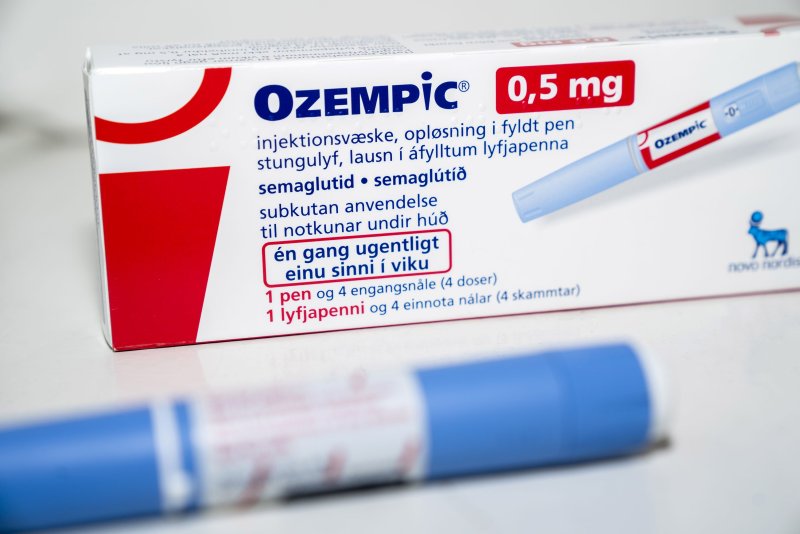
 upi.com
upi.com
 The New York Times
The New York Times
 NBC News
NBC News
 ABC News
ABC News
Semaglutide Shows Promise in Treating Fatty Liver Disease (MASH): Study
A recent study published in the New England Journal of Medicine suggests that semaglutide, found in Wegovy and Ozempic, could be effective in treating MASH, a severe form of fatty liver disease. The study, involving 800 participants across multiple countries, demonstrated that semaglutide significantly reduced liver inflammation and scarring, with participants also experiencing weight loss. Experts suggest this could provide a valuable new treatment option.
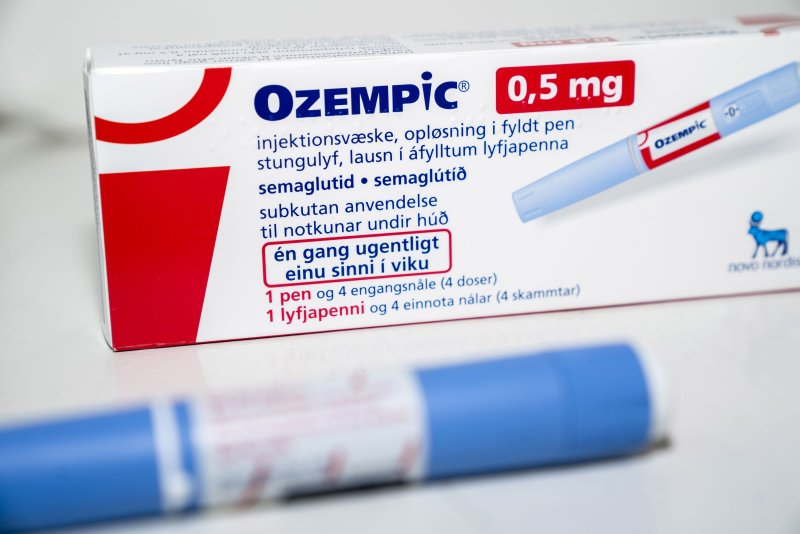
 upi.com
upi.com
 The New York Times
The New York Times
 Fox News
Fox News
 ABC News
ABC News
Craig Thompson's 'Ginseng Roots': A Triumphant Return to Graphic Nonfiction
This article reviews Craig Thompson's 'Ginseng Roots,' highlighting its blend of memoir, travelogue, and journalism. The book delves into Thompson's childhood in Wisconsin's ginseng farming community, exploring themes like family, agriculture, societal impact, and the challenges within the comics industry. The review praises Thompson's detailed artwork and thought-provoking narrative.

 ComicsBeat
ComicsBeat
Ginseng Roots: Craig Thompson's Triumphant Return to Graphic Nonfiction
A review of Craig Thompson's graphic novel 'Ginseng Roots,' highlighting its blend of memoir, travelogue, journalism, and societal history. It explores Thompson's upbringing in Wisconsin's ginseng farming community, the global ginseng trade, and related themes such as immigration, agriculture, and personal relationships. The review praises Thompson's art style and the book's depth.

 ComicsBeat
ComicsBeat
Craig Thompson's 'Ginseng Roots': A Triumphant Return to Graphic Nonfiction
This article summarizes a review of Craig Thompson's graphic novel, 'Ginseng Roots'. The book delves into Thompson's childhood in Wisconsin's ginseng farming community, his personal history, and broader societal issues like immigration, agriculture, and the struggles within the comics industry. It interweaves memoir, travelogue, and journalism, with Thompson's signature vulnerability and detailed artwork.

 ComicsBeat
ComicsBeat
Ginseng Roots: Craig Thompson's Graphic Nonfiction Return Explores Family, Farming
'Ginseng Roots' by Craig Thompson is a graphic novel blending memoir, travelogue, and journalism to explore Thompson's upbringing on a Wisconsin ginseng farm. The book delves into themes of family, rural society, immigration, and the global ginseng trade, showcasing Thompson's signature vulnerability and artistic style, while also touching on the challenges of being a comic creator.

 ComicsBeat
ComicsBeat









